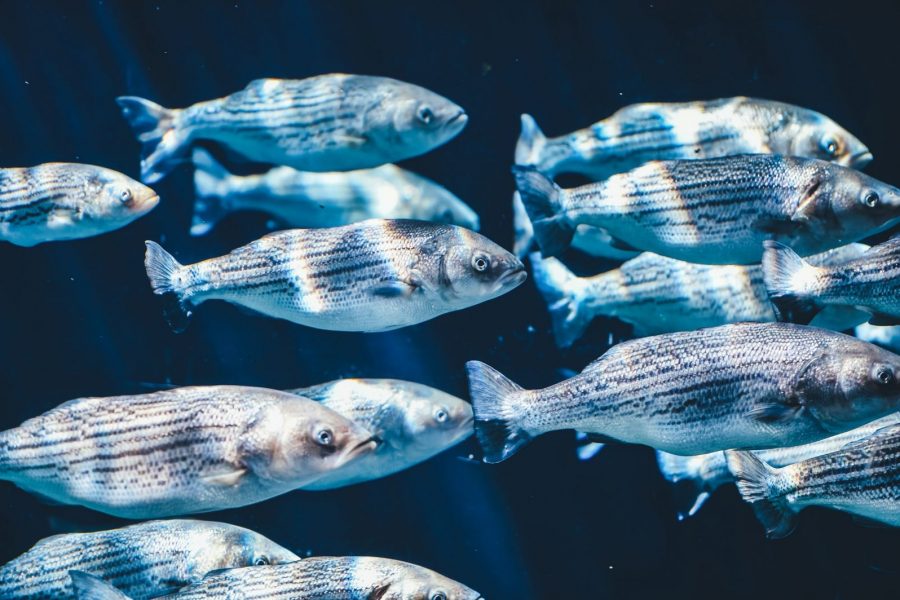UK university student innovates plastic alternative from fish waste
Inspired by the strength of fish scales, University of Sussex final year Product Design student, Lucy Hughes has devised a potential alternative to single-use plastic, made mainly from by-products of the fishing industry.
Named “Marina Tex”, Lucy’s final year university project could potentially, she hopes, replace the single-use plastic film sometimes used in sandwich and tissue boxes.
Lucy’s fishy innovation is edible, home compostable rather than having to be composted industrially, doesn’t contaminate soil and bio-degrades in 4-6 weeks, winning her this year’s International James Dyson award, awarding her the grand sum of £32,000 in prize money which she plans to use to further develop the product.
With an estimated 50 million tonnes of fish waste produced each year and an estimated 100 million tons dumped in our oceans to date – according to the United Nations – Lucy set about trying to work out ways to use the waste stream, to add value to it and engender it recyclable rather than wasted. By analysing the flexible, pliable nature of the skins and scales, she could see their potential and saw an opportunity to potentially replace man-made polymers with something nature had already provided.
After months of testing, adding molecules from crustaceans and red algae to her skins and scales mix, Lucy has successfully created a strong, flexible translucent sheet, which James Dyson commented is stronger than its low-density plastic alternative, Polyethylene. Although he also admits to further research and development being required to ensure MarinaTex evolves further, wouldn’t it be amazing if Lucy’s innovative fish by-product helps to ease the epidemic of single use plastic filling our oceans today?


